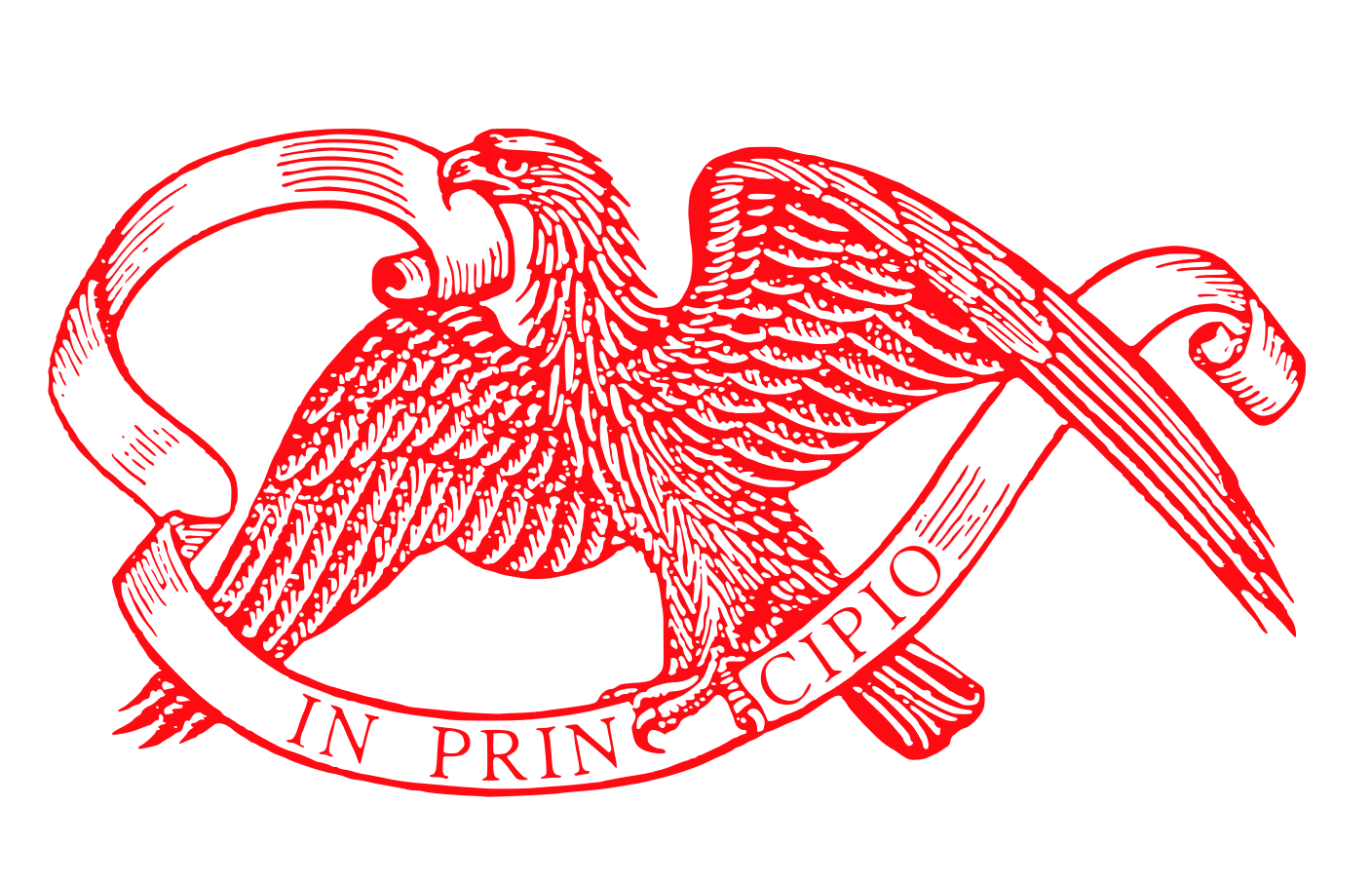Good news, fake news, and the truth
It feels difficult to get a handle on “truth” these days. I found this topic hard enough 20 years ago, trying to juggle philosophy courses at university while embarking on a new way of life through baptism at our church Saint John the Evangelist. However, the amount of noise shaking the foundations of public discourse today makes it even harder to discern what’s trustworthy, let alone true.
It can be challenging not to fall into the traps of our present day social and media environments (now fused together as social media), which suffer persistent infestations of misinformation and “alternative facts”. Much of this is now supercharged by artificial intelligence and delivered to us by a combination of humans, bots and deep fakes. It’s not unusual to hear people describe our daily existence as dystopian.
Our patron Saint John the Evangelist took great efforts to shine a light on the concept of “truth” (aletheia) and how it is embodied in Jesus. In fact, he does this significantly more so than his fellow gospel writers. However, in some ways this intense focus might nudge us to look more widely for what is often translated as “good news” (evangelion), which, in contrast, features prominently in Mark, Luke and Matthew. While we hunger for truth, we thirst equally for good news.
Over the past few years, strictly worldly “good news” has increasingly struggled to break through to us as we cope with unrelenting uncertainty caused by pandemic, wars, wealth inequality and an uptick in geo-political shifts (I could name many other major concerns. These are simply top of mind). In fact, many don’t even know where to turn to get any form of valid news, good or bad. Traditional news outlets and publications (now routinely referred to as “legacy media”), once considered reliable conveyors of facts and even “truth”, are regularly suspected of excess bias or casually labelled “fake news”. New platforms and sources of information have become exponentially more available, accessible, and promoted; but no clear, dependable way to assess so much novel content has presented itself. In this tumultuous atmosphere, the very question Pontius Pilate posed to Jesus, “what is truth?” (John 18:38), can easily sneak up on us.
This strange stew of current events clarifies for me that although we desperately want news to be good, we also need news to be true. Similarly, the good news of Mark, Luke and Matthew would not be so without the truth proclaimed in John, and vice versa.
When I joined the church all those years ago, I was aware that several people who knew and loved me wondered why I would choose to do so. They wondered what a traditional religious community, as well as an inward an outward commitment in faith, might have to offer in an era of unparalleled access to knowledge, freedom and material comfort. Was I not a rational, educated adult with no detectable pressure to take such a step? Reflecting on this question from where I stand right now, I can only confirm that the good news I heard back then truly remains good news today.
